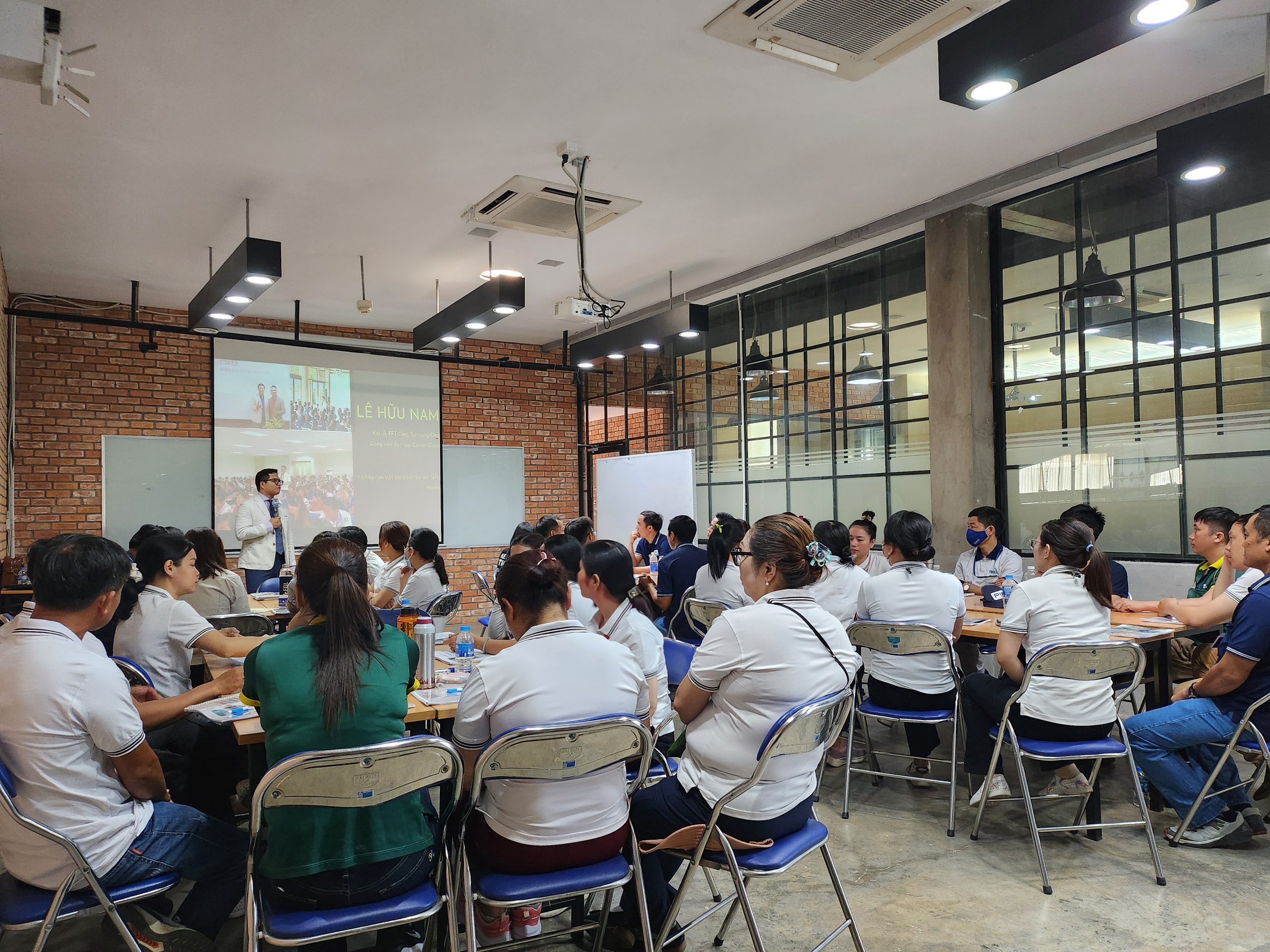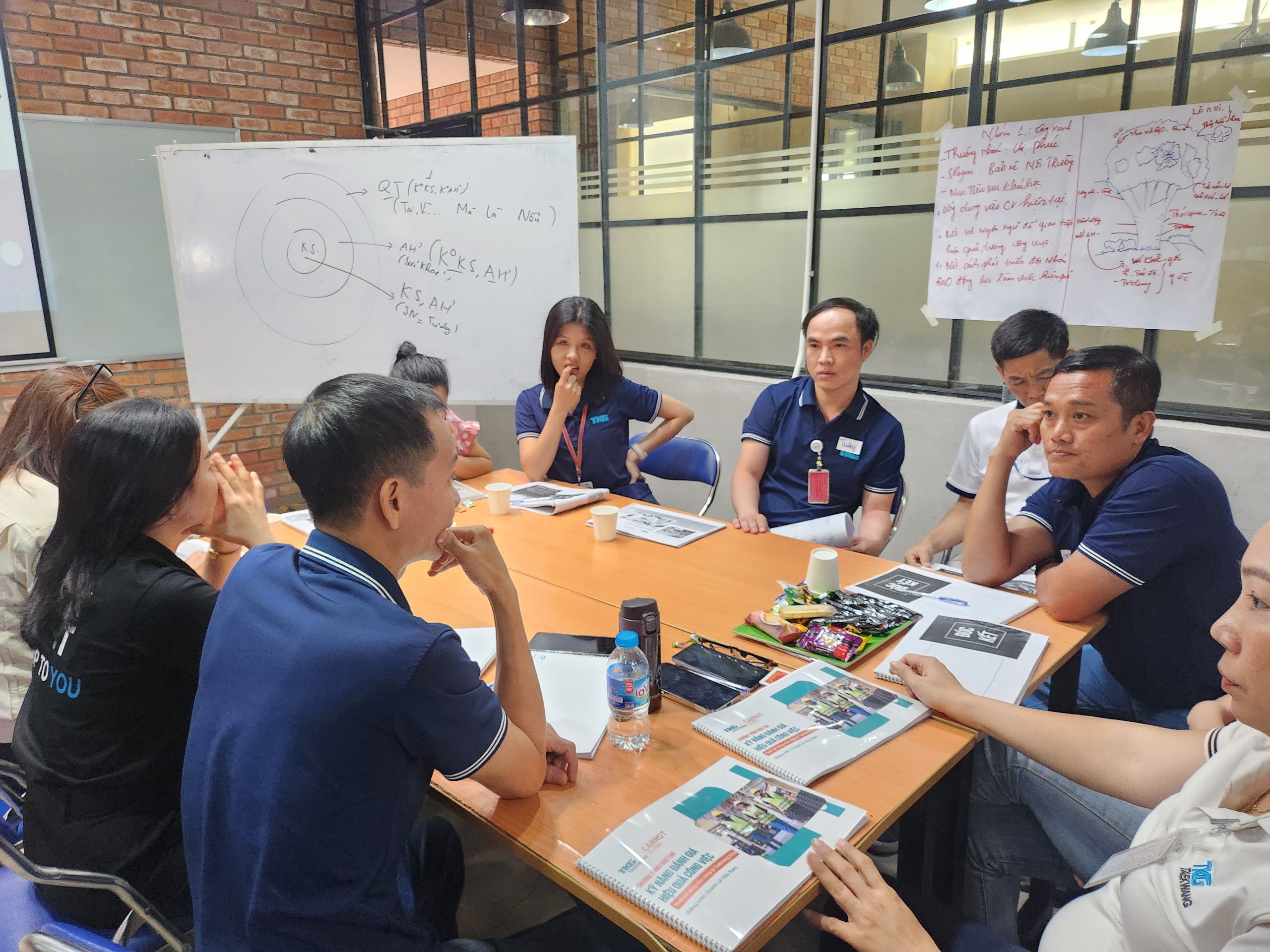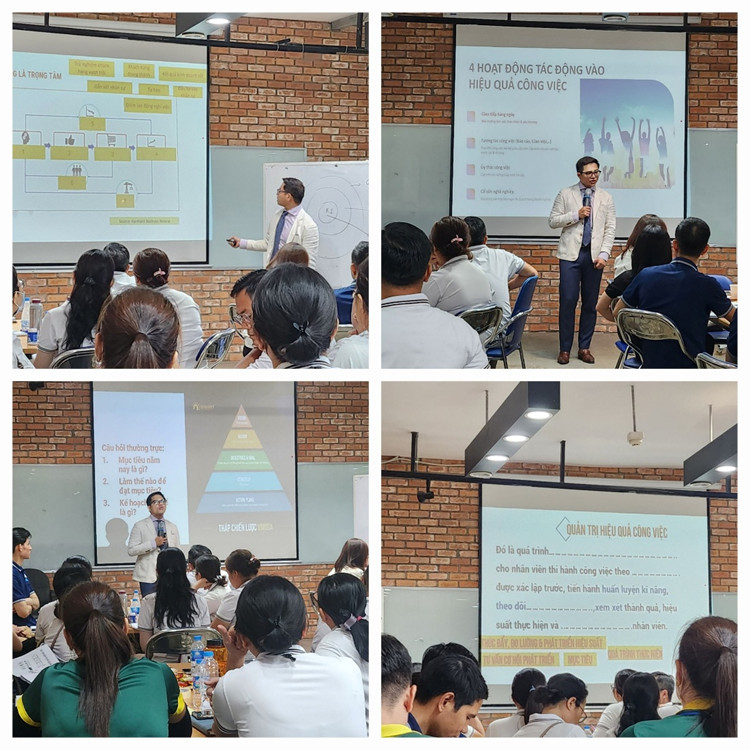01-Day Performance Evaluation Training Program: Enhancing Skills for Success
Performance evaluation is a crucial aspect of organizational success, and mastering it can significantly impact both employee development and company growth. This 1-day performance evaluation training program is designed to equip participants with the skills and knowledge necessary to conduct effective evaluations that align with organizational goals. By focusing on key areas such as evaluation techniques, goal-setting, and feedback delivery, this program ensures that participants are well-prepared to handle the complexities of performance evaluation.

Techniques for Effective Performance Evaluation
The foundation of any successful performance evaluation lies in understanding and applying effective evaluation techniques. Through this training program, participants gain insights into how to conduct evaluations that are both fair and constructive.
Understanding Evaluation Techniques
Evaluation techniques are the methods and strategies used to assess an employee’s performance. Participants will learn about various approaches, including qualitative and quantitative techniques, and how to select the most appropriate ones for their specific organizational context. Understanding these techniques ensures that evaluations are comprehensive and reflective of an employee’s true performance.
Setting Clear Goals and Metrics
Goal-setting is an essential component of employee performance review. Participants will explore how to establish clear, measurable objectives that align with the organization’s overall goals. By setting precise metrics, evaluators can provide more objective assessments and track progress effectively, which ultimately contributes to improved performance outcomes.
Delivering Constructive Feedback
Feedback is a vital element of performance evaluations, and delivering it constructively can make a significant difference. This section of the program focuses on teaching participants how to provide feedback that is both supportive and developmental. By fostering an environment of open communication, evaluators can help employees understand their strengths and areas for improvement.
Strategies for Handling Difficult Conversations
Conducting Performance Management Process often involves navigating challenging conversations. This section of the training program provides strategies to help participants handle these situations with confidence and professionalism.
Preparing for Challenging Dialogues
Preparation is key to managing difficult conversations effectively. Participants will learn how to prepare for these discussions by understanding the context, gathering necessary information, and setting a positive tone. By being well-prepared, evaluators can approach difficult conversations with clarity and confidence.

Managing Emotional Responses
Emotions can run high during employee performance review, and it’s important for evaluators to manage these responses appropriately. This section covers techniques for recognizing and addressing emotional reactions, ensuring that the conversation remains productive and focused on professional development.
Maintaining Professionalism
Maintaining professionalism is critical when handling difficult conversations. Participants will learn strategies for staying calm, composed, and respectful, even in challenging situations. By demonstrating professionalism, evaluators can foster a positive and respectful atmosphere.
Aligning Evaluations with Organizational Objectives
For work performance assessment to be truly effective, they must be aligned with organizational objectives. This final section of the program focuses on techniques for ensuring that evaluations contribute to the broader goals of the organization.
Linking Evaluations to Goals
Participants will learn how to link performance evaluations to organizational goals by identifying key performance indicators that align with strategic objectives. By doing so, evaluations can drive progress and contribute to the achievement of organizational targets.
Encouraging Continuous Improvement
Continuous improvement is a vital aspect of performance management. This section explores methods for encouraging ongoing development, such as setting developmental goals and providing resources for skill enhancement. By fostering a culture of continuous improvement, organizations can enhance overall performance.
Monitoring and Adjusting Strategies
Effective work performance assessment requires ongoing monitoring and adjustment. Participants will explore strategies for tracking progress and making necessary adjustments to ensure that performance evaluations remain relevant and impactful. This proactive approach ensures that evaluations continue to support organizational success.
Conclusion
In conclusion, mastering performance evaluation is essential for driving employee development and achieving organizational success. This 1-day training program equips participants with the knowledge and skills necessary to conduct effective evaluations that align with organizational objectives. By focusing on key areas such as evaluation techniques, goal-setting, and feedback delivery, participants are prepared to handle the challenges of performance evaluation with confidence and professionalism.

